Slavery In Libya and Why Everyone Is Talking about it
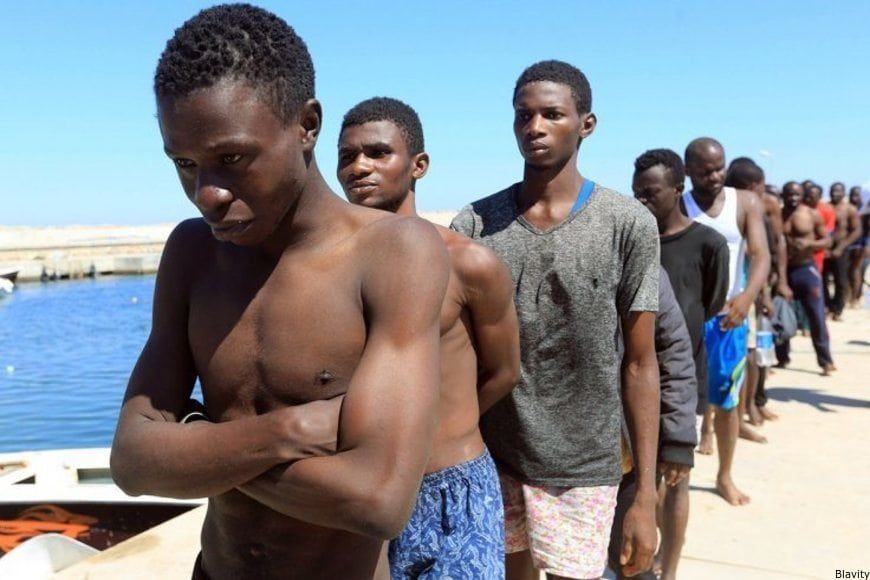
Hundreds of thousands of sub-Saharan Africans are currently trapped in Libya, stranded as they try to reach Europe. A recent report shows some of them being auctioned off.
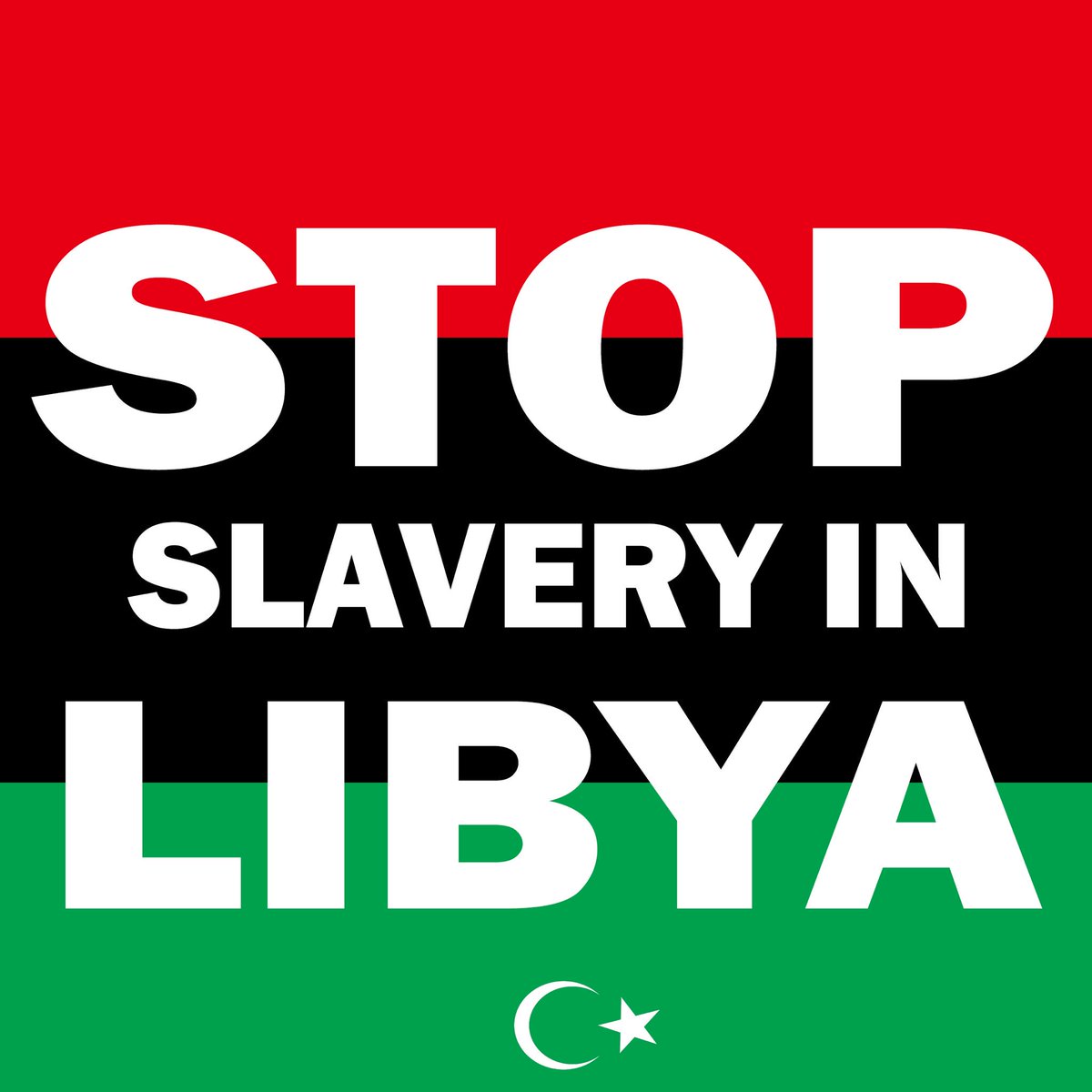
Over the past couple of days, you may have seen celebrities — like Grammy-nominee Cardi B, actress Cynthia Erivo, and model Bella Hadid — tweeting, snapping, and posting on Instagram about Libya.
Diddy also spoke out.
They're talking about recent reports out of the country that sub-Saharan Africans are being sold as slaves, some for as little as $400.
Libya has been a natural focal point for a twin set of migrant and refugee crises over the last several years.
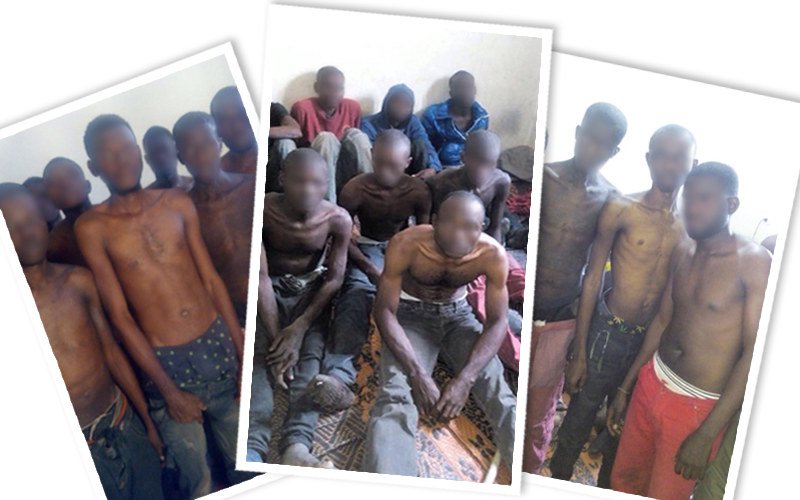
Just 285 miles from Malta and 345 from Italy, Libya's northern coast has been a jumping off point for migrants trying to reach Europe for decades. The situation began to worsen in 2011, when the then-government was toppled by rebel forces — igniting a period of chaos and unsteady rule.
Following the collapse of former Libyan leader Muammar al-Qaddafi's regime, with the help of the US and other NATO countries, the country has yet to rebuild. There are several competing alliances claiming to be the legitimate government and extremists are finding plenty of space to set up camp. That same lawlessness has also made it an ideal staging ground for refugees and migrants from across the continent to try to reach Europe.
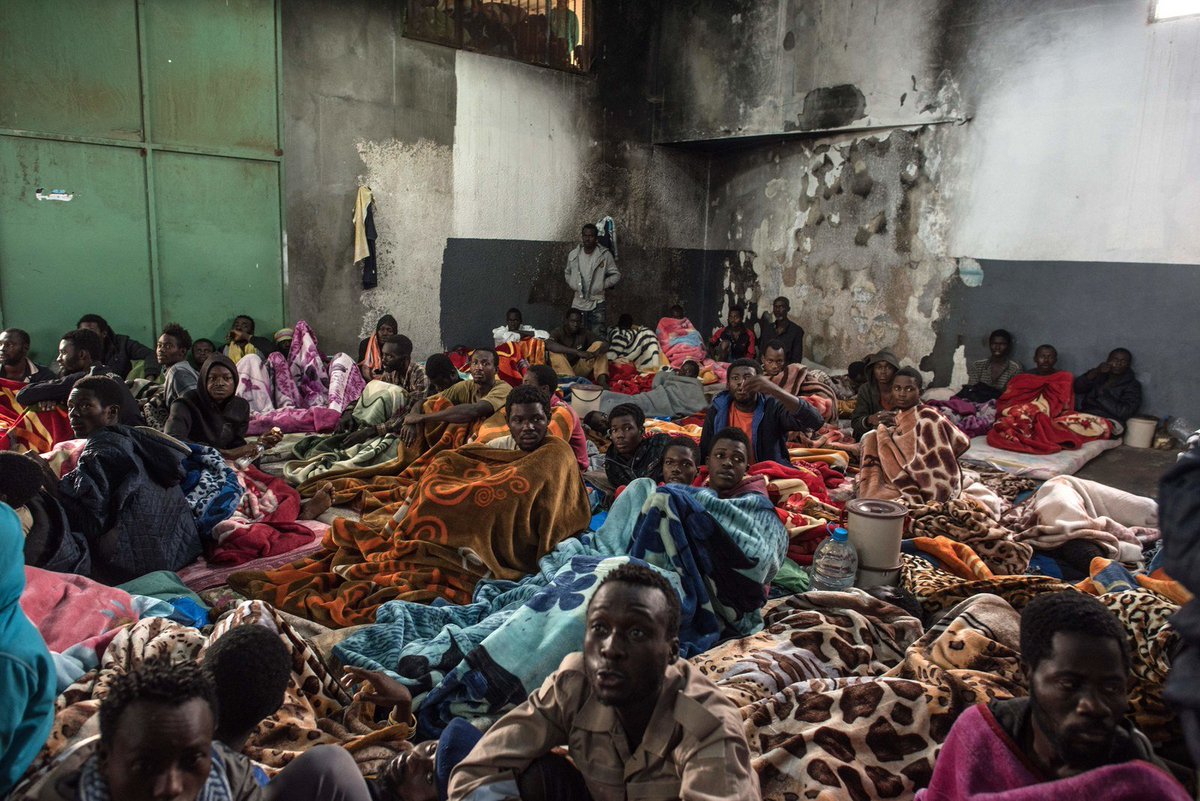
More than 100,000 refugees and migrants have landed in Europe each year for the past several years, many of them setting off from Libya. More than 3,000 of them have died trying to make it across the Mediterranean this year alone.
European countries on the Mediterranean — especially Italy — have been pushing to block the people trying to reach their shores, policing Libyan waters and urging NGOs not to help stranded boats.
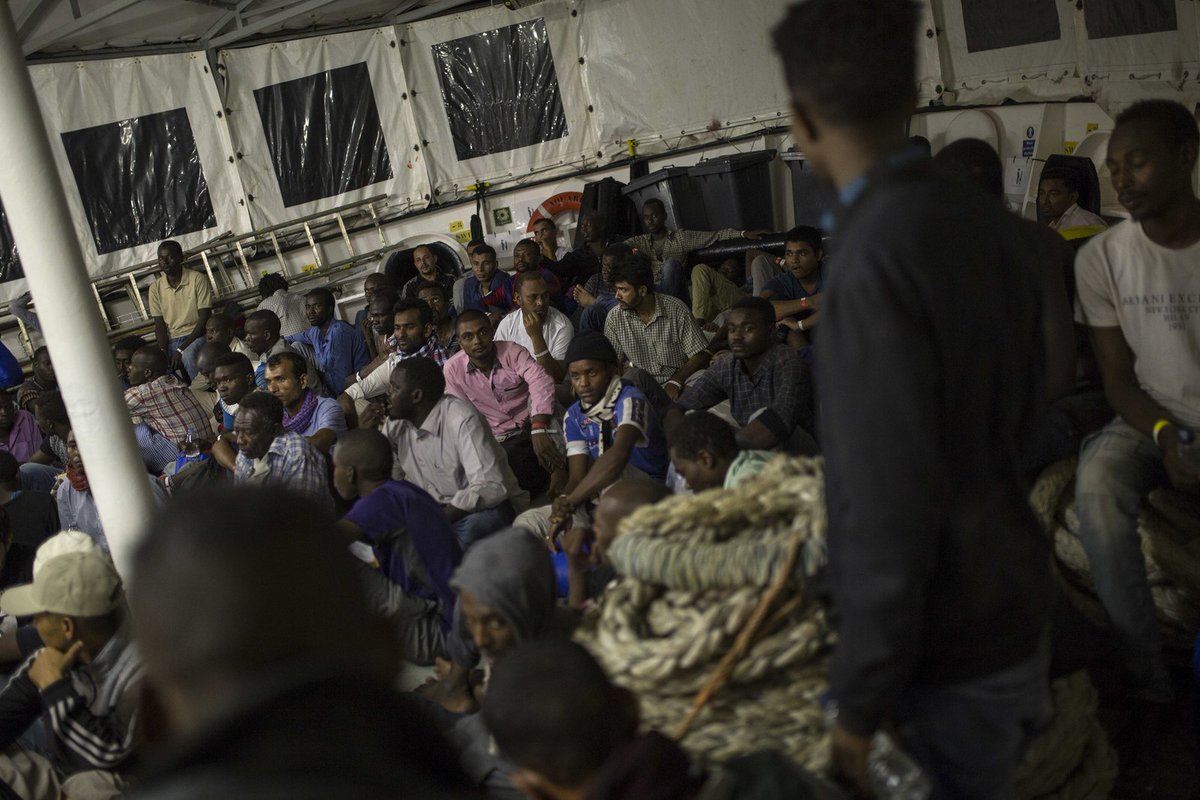
The European Union has essentially ceded control of trying to stop migrants from crossing to Libya, rather than doing it themselves. Italy has given Libya boats and euros to try to support their efforts — even as rights groups have warned that the Libyans don't have the training to actually carry out rescue operations at sea and often commit rights abuses in the process of trying to stop migrants.
This has led to a situation where an estimated 700,000 migrants are trapped in Libya, unwilling or unable to return to their home countries, many being held inside detention centers where inhumane treatment is the norm.
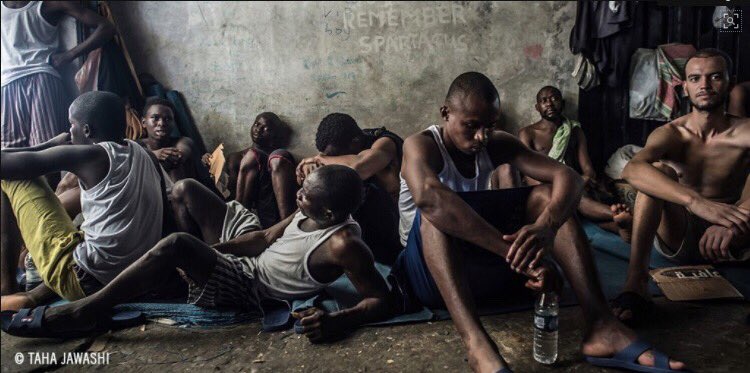
“We cannot even guess the scale of the abuses inflicted on migrants in all these hidden places, untouched by the rule of law,” the UN's high commissioner for human rights Zeid Ra’ad al-Hussein said in September. “The situation of migrants crossing Libya was appalling during Gaddafi’s era, but it has become diabolical since.”
But it gets worse. Back in April, International Organization for Migration issued a release saying it had discovered evidence of slavelike conditions for migrants who'd traveled north.
Two migrants that the international body spoke with described being kidnapped while in transit. While in captivity, some migrants were tortured, others' families extorted for money, others still forced to perform labor.
“The situation is dire,” Mohammed Abdiker, IOM’s director of operation and emergencies, said at the time. “The more IOM engages inside Libya, the more we learn that it is a vale of tears for many migrants. Some reports are truly horrifying and the latest reports of ‘slave markets’ for migrants can be added to a long list of outrages.”
A harrowing report from CNN International published two weeks ago showed the first footage of what it described as a slave auction — young men from sub-Saharan Africa sold off to become workers.
While not the chattel auctions of the past, there's definitely a racial element at play in the auctions that CNN International documented, where lighter-skinned Arab Libyans look down upon the darker-skinned sub-Saharan Africans up for sale.
The CNN International report sparked protests against slavery in Libya around the world and promises from the UN-recognized Government of National Accord that an investigation would take place.


Comments
Post a Comment
WETIN YOU THINK? Talk Your Mind here